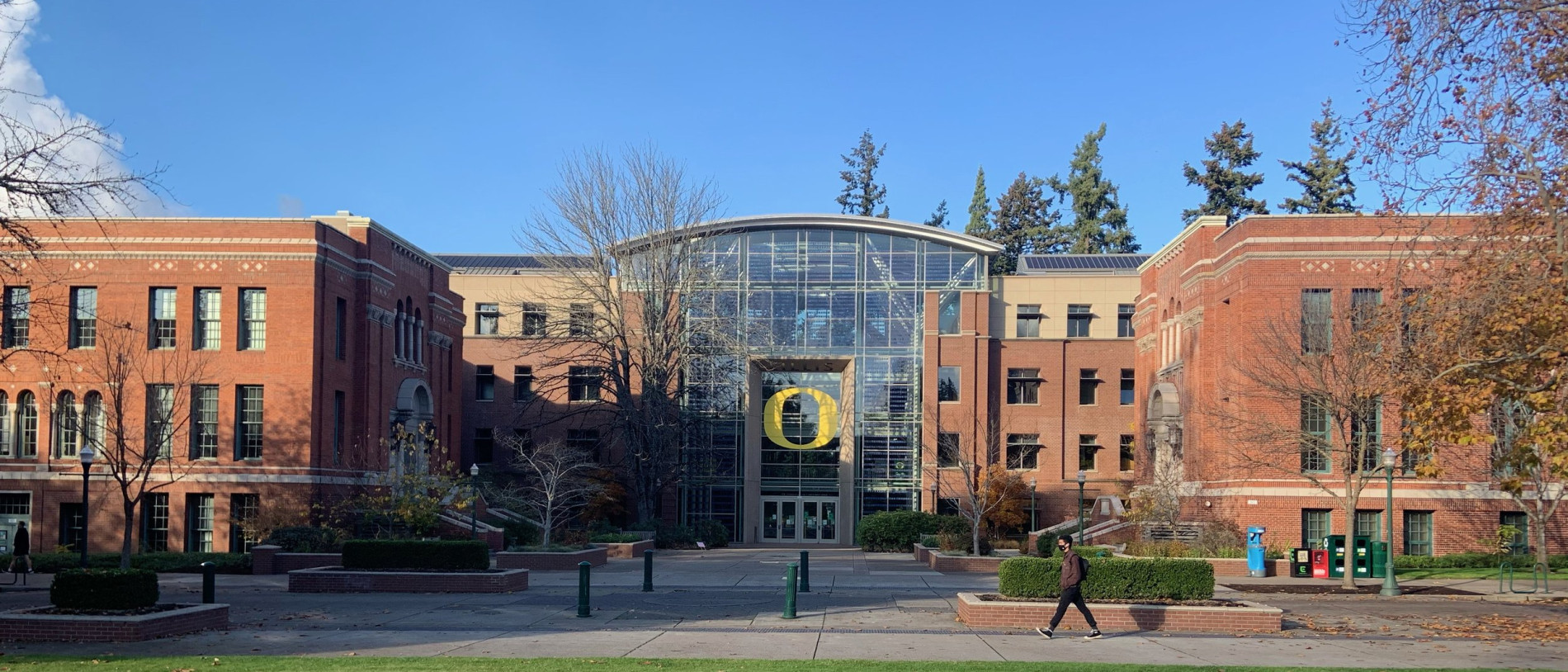

University of Oregon
Earth Sciences
Study detals
: Bachelor's degree : Earth Sciences BA/BS : Full time : 48 MonthRequirements
- English entry - TOEFL 88+ (IELTS 7.0)
- GPA entry - 3.0 GPA or equivalent
Speciality
If your English and / or academic level is lower than what you see above, please contact us. We will do everything we can to find you a great path to university.
Additional information
Degree Overview
STEM-classified degree: graduates are eligible for 3 years of Optional Practical Training (OPT) in the USA. This degree is offered by the College of Arts and Sciences, the University of Oregon’s intellectual hub that serves about two-thirds of its students with nearly 800 faculty members covering the humanities, natural sciences, and social sciences.
About the major
Students in the Department of Earth Sciences learn about the minerals, rocks, soils, and waters that make up the earth, and the processes that shape the earth from deep in its interior to the atmosphere. Earth science applies the basic sciences of physics, biology, chemistry, and mathematics to understanding processes that have shaped the earth and other planetary bodies. Earth scientists combine field investigations with laboratory experiments and theoretical studies to understand the physical, chemical and biological processes that govern the behavior and interactions of complex earth systems.
Earth science applications include natural hazards such as earthquakes, floods, landslides and volcanic eruptions that affect humans. Other subdisciplines investigate how humans alter the earth’s environments, where we pollute rivers and ground water, cause rapid erosion, attempt to re-engineer rivers and shorelines, and alter the earth’s atmosphere, oceans, and global climate. Earth science research also includes the study of the deep earth to understand processes that drive the motions of tectonic plates and generate the earth’s magnetic field.
A little more info
- Earth sciences offers four customized tracks for students: geology, paleontology, environmental geoscience, and geophysics.
- Many earth science students are engaged in research projects.
- Many classes have field trips so students can view geologic formations firsthand.
- Major-required classes are typically small, and students work closely with faculty members.